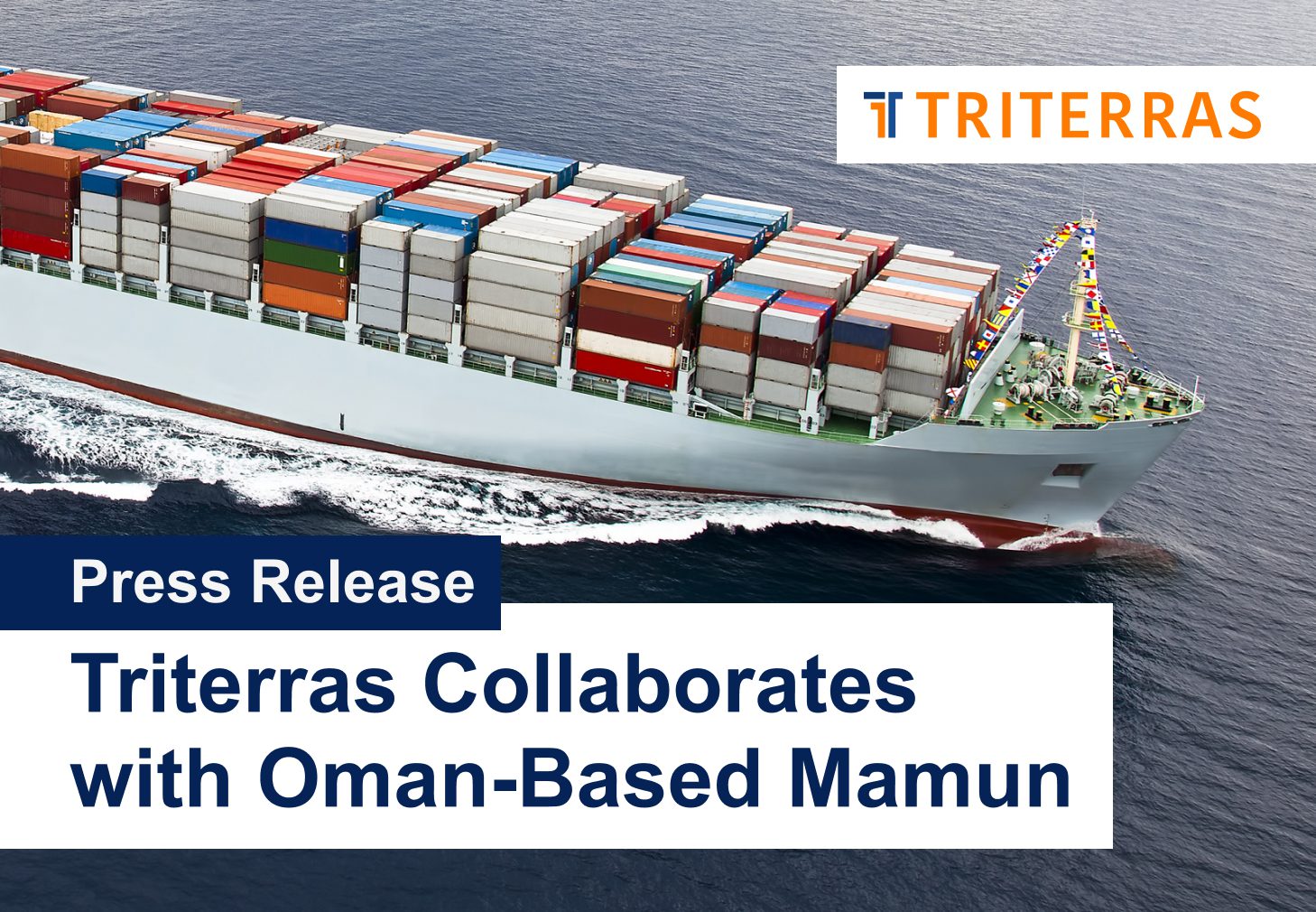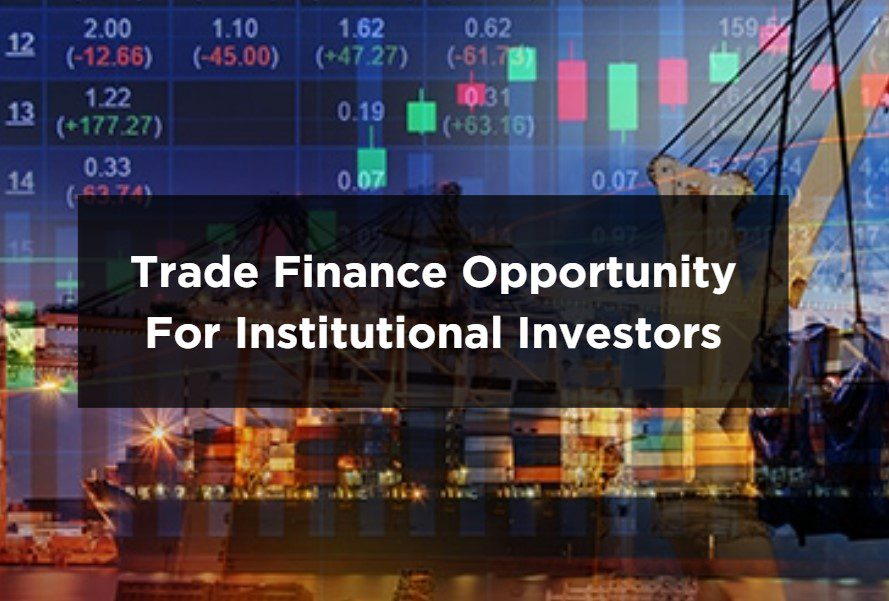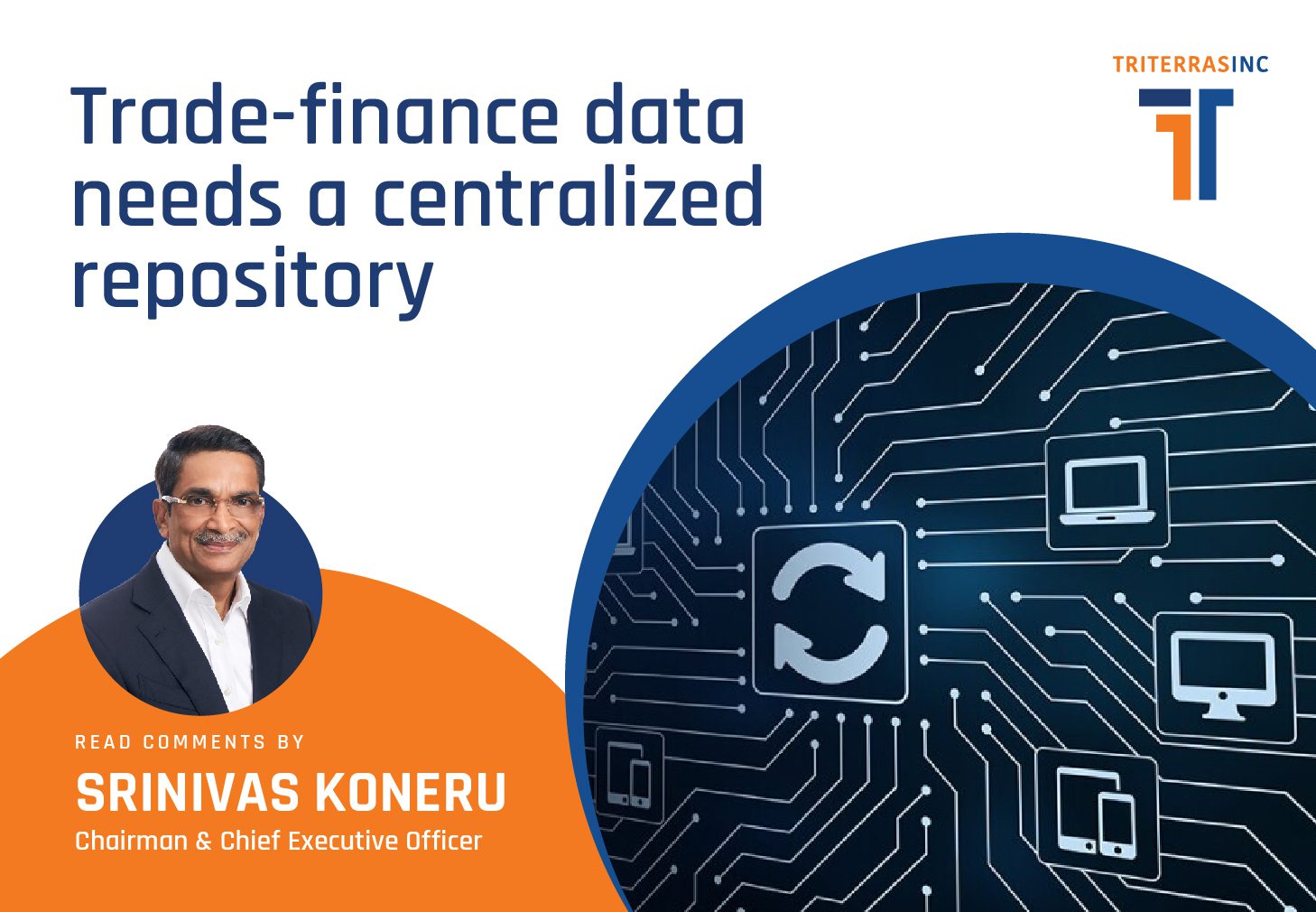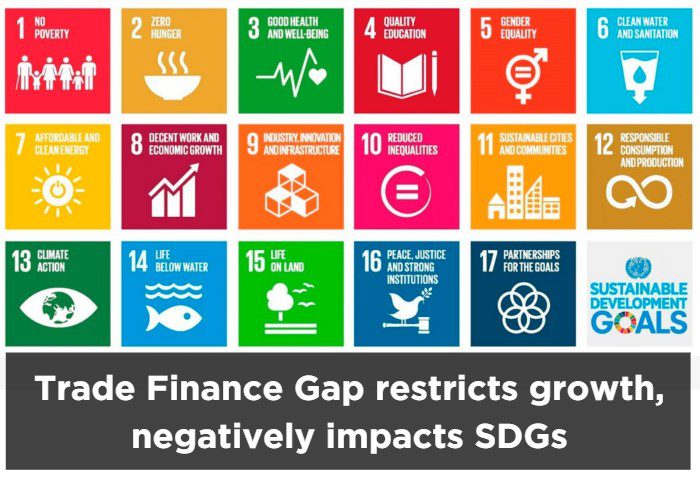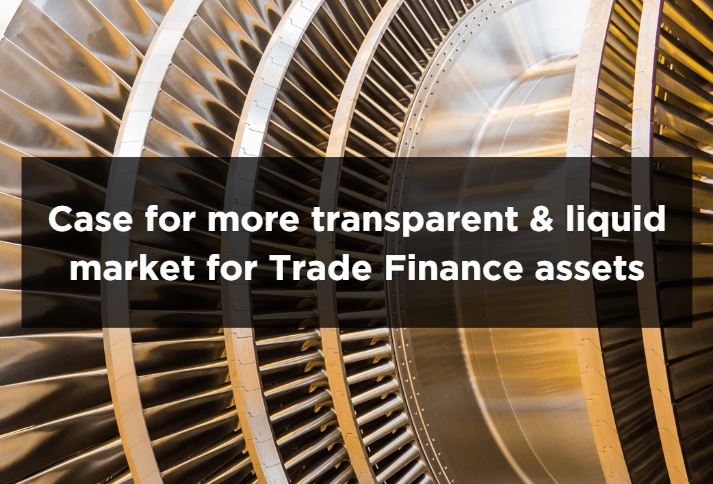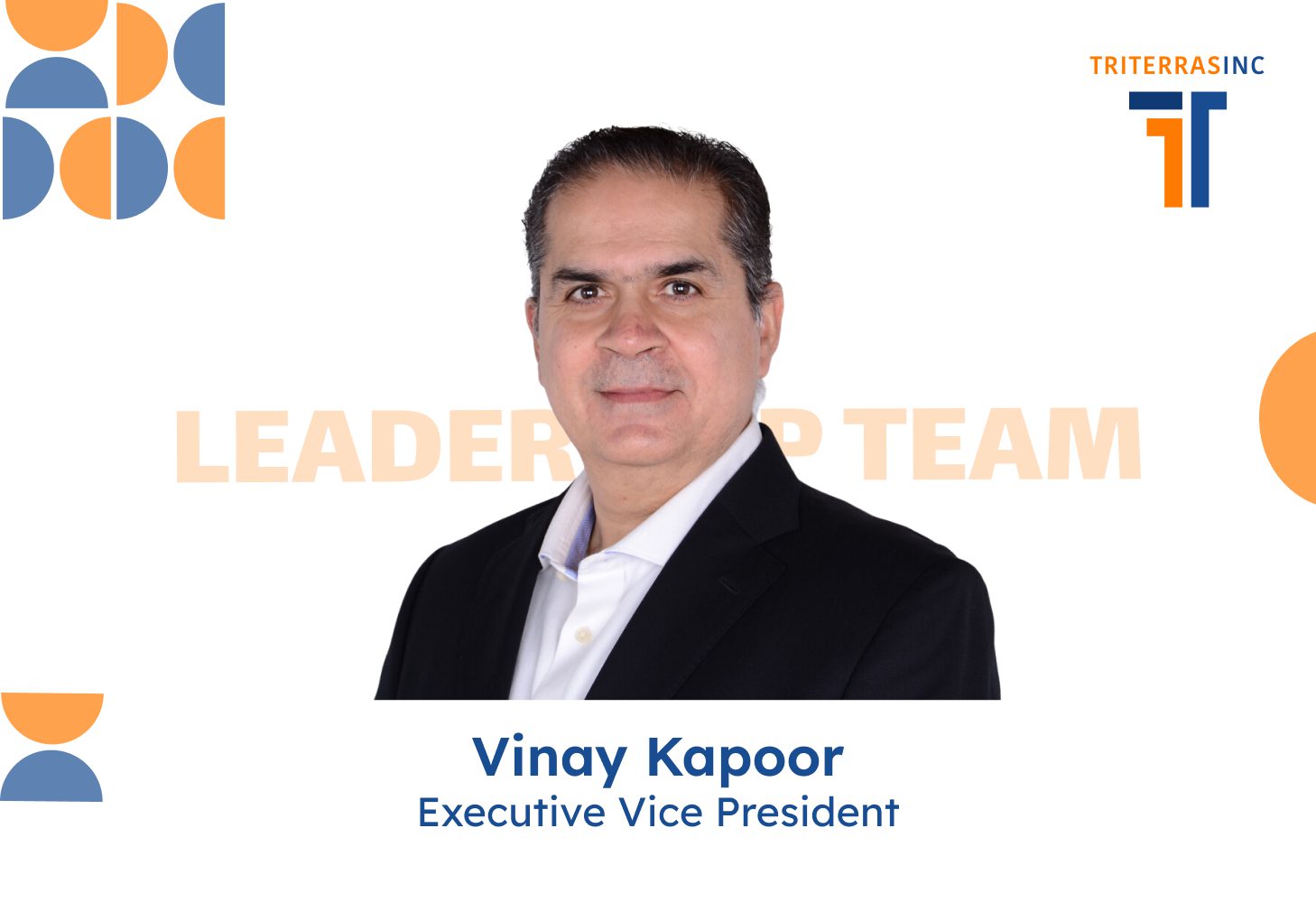It is understandable when cash-poor organizations delay payments to suppliers, but when cash-rich organizations are also seen doing the same, it’s worth probing to determine the exact reason for such a tendency. And you will know it is not due to simple disorganization or tardiness, as those deficiencies are not hallmarks of organizations that are also cash-rich. So, it all boils down to proficiently managing cash and supplier relationships that puts the organization in better control of its market standing and operations because, ultimately, cash is king and also the lifeblood of every business.
Hoarding cash in the war chest of a company in a volatile market has become so important that leave alone suppliers, organizations even defer payments to stockholders and investors, who rightfully own the business enterprises and also the cash balance. The bigger the organization, the tighter they cling to cash because more cash helps them to draw up and pursue its growth plans confidently. For instance, it was reported in March 2022 that 13 firms, including Apple, Alphabet (Google), Microsoft, and others, were squatting on cash and investments of more than US$1 trillion and were in no hurry to give it to the rightful owners: the shareholders or investors.
Smart businesses know that profit on the books is different from having cash in hand. Profit on books can also be the result of creative accounting. You can’t pay bills with that. For that, you need liquid cash. Hence, cash flow management tops the priorities of every sound business organization as it ensures enough money to pay government dues, utility bills, salaries, and suppliers, in the same order of importance and by the respective due dates. Furthermore, some large cash-rich organizations want shorter accounts receivable days and longer accounts payable days as their balance sheet will look prettier.
Managing working capital or cash efficiently is also a survival skill for many business owners. While a survey conducted in the United Kingdom found that around 92% of business ventures pay suppliers late, some studies have also shown that 82% of business failures happen due to poor cash flow management. Among those paying suppliers late, there are many successful, well-established, and cash-rich business organizations. Therefore, it’s time we analyzed and understood the rationale for such delayed payments.
Delaying payments is one of the strategies or tactics used by business houses that are on the growth path or have ambitious expansion plans, as growth and expansion both call for investing a lot of money in the form of liquid cash. So, by delaying payments, business owners or company executives use the money they owe to suppliers to indirectly fund that growth or expansion plan, thereby lessening the pressure on the working capital corpus of the organization.
More importantly, cash-rich organizations resort to deferring payments because of their positive impact on cash flow management. By delaying the outstanding payments, a business enterprise can usually avoid any extra borrowings, which they might have to resort to if suppliers were to be paid in time. Hence, even cash-rich organizations that can easily afford to pay suppliers early prefer to maintain a bigger cash pool by delaying outstanding payments. This practice enables them to avoid overdrafts and keeps the extra or surplus funds at the organization’s disposal. Even large and small, cash-rich organizations diligently resort to such practices.
That is why suppliers, who are also business owners, avail loans and credit lines from financiers and banks to extend credit facilities to their clients. The entire factoring industry rests on the foundation of a business reality created by delayed and unrealized invoices. If you look at it from another angle, you’ll realize that the global factoring industry, valued at around US$3,400 billion, will shrink overnight to almost a skeletal entity if there are no delayed payments or unrealized invoices. Payment delays are thus an integral part of the macroeconomy. Therefore, delayed payments are accepted as normal, and getting paid early is perceived as exceptional.








